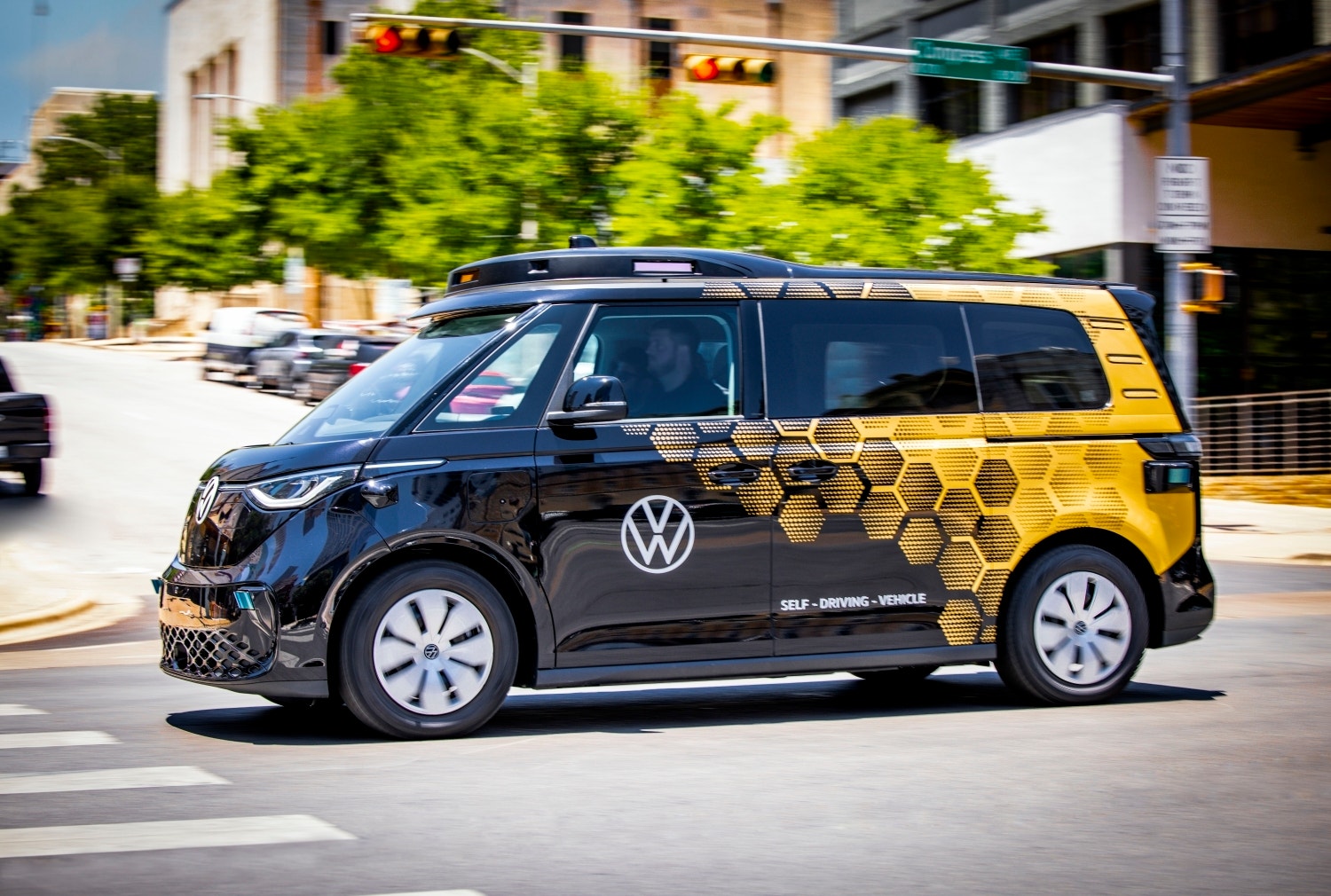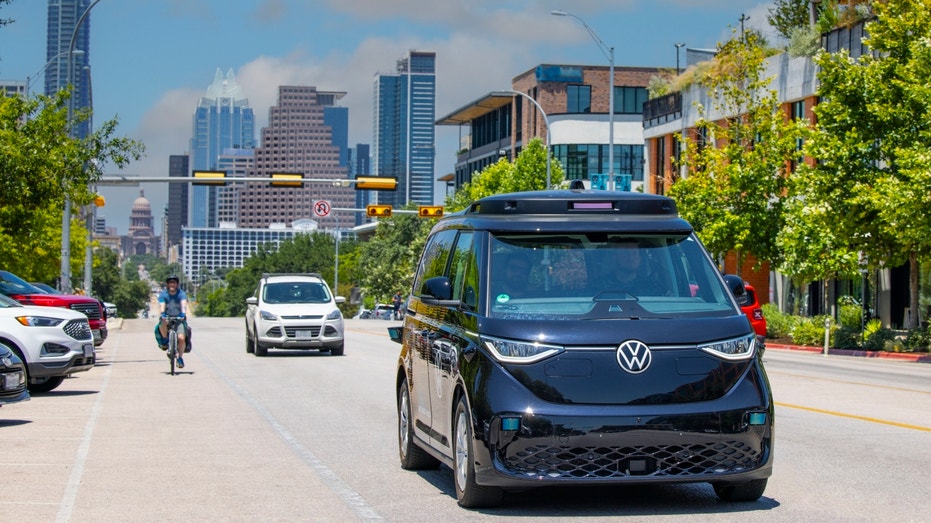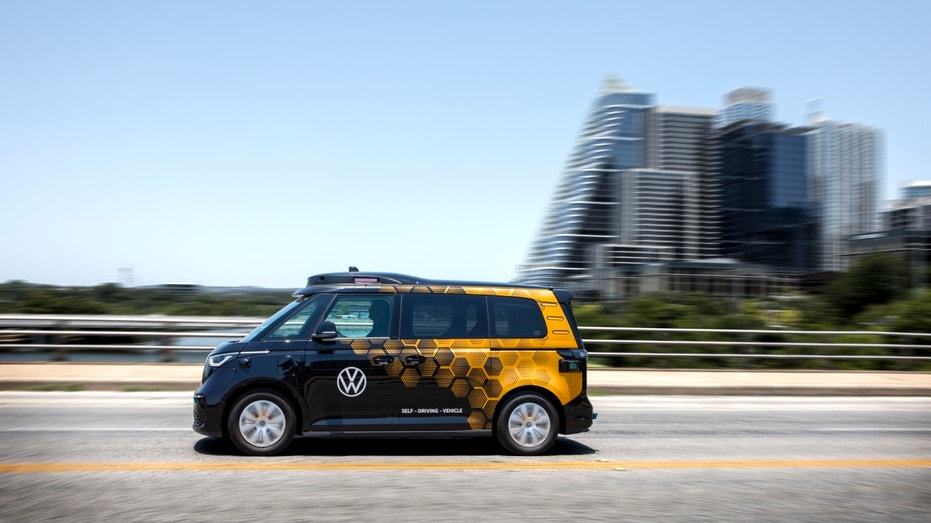Finance
Volkswagen to test autonomous vans in Texas

Volkswagen will begin testing its autonomous vehicles on the streets of Austin, Texas, sometime this month.
The testing program will start with just two vehicles but expand to 10 of the company’s ID Buzz electric vans in other parts of the city over the next three years. The German automaker anticipates a commercial launch of its self-driving vehicles by 2026.
OVER 143K VOLKSWAGEN SUVS RECALLED DUE TO ISSUE THAT COULD AFFECT FRONT PASSENGER AIRBAG DEPLOYMENT
Volkswagen said it would subsequently move testing operations to at least four more American cities.
“Expanding Volkswagen Group’s global autonomous driving vehicle program to the United States marks an important milestone for us,” Pablo Di Si, president and CEO of Volkswagen Group of America.
“In the future, we will tap into rising demand for new mobility services, and with our iconic ID. Buzz, we will also offer a truly captivating product to support transportation services American consumers can rely upon and trust,” he added.
TESLA DEBUTS CUSTOMER REFERRAL IN EV WAR’S NEXT MOVE
The test program in the U.S. marks Volkswagen’s continued push for global autonomous driving vehicle research and development. It will also lead the strategy and business development with an established subsidiary named Volkswagen ADMT to support the rollout of its program using teams in Belmont, California, and Austin.

“We selected Austin as the first U.S. hub, as the city has a track record for embracing innovation and offers a conducive climate for the testing of autonomous vehicles,” Katrin Lohmann, president of Volkswagen ADMT said in a statement.
MERCEDES-BENZ TO ADOPT TESLA CHARGING STANDARD FOR EVS, ACCESS SUPERCHARGER NETWORK
ID Buzz vehicles are outfitted with an autonomous-driving technology platform developed by the global Volkswagen Group in partnership with Mobileye, which includes cameras, radar, and lidar technology, according to the company.

Volkswagen said all vehicles will be staffed with supervising human drivers throughout the initial test phase.
Read the full article here


















